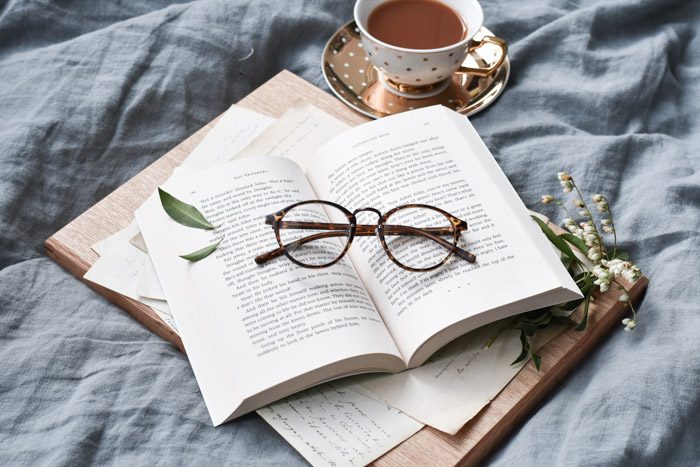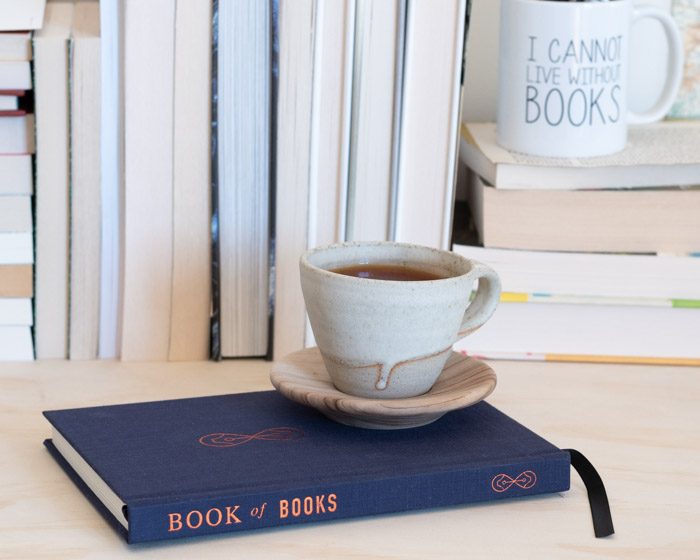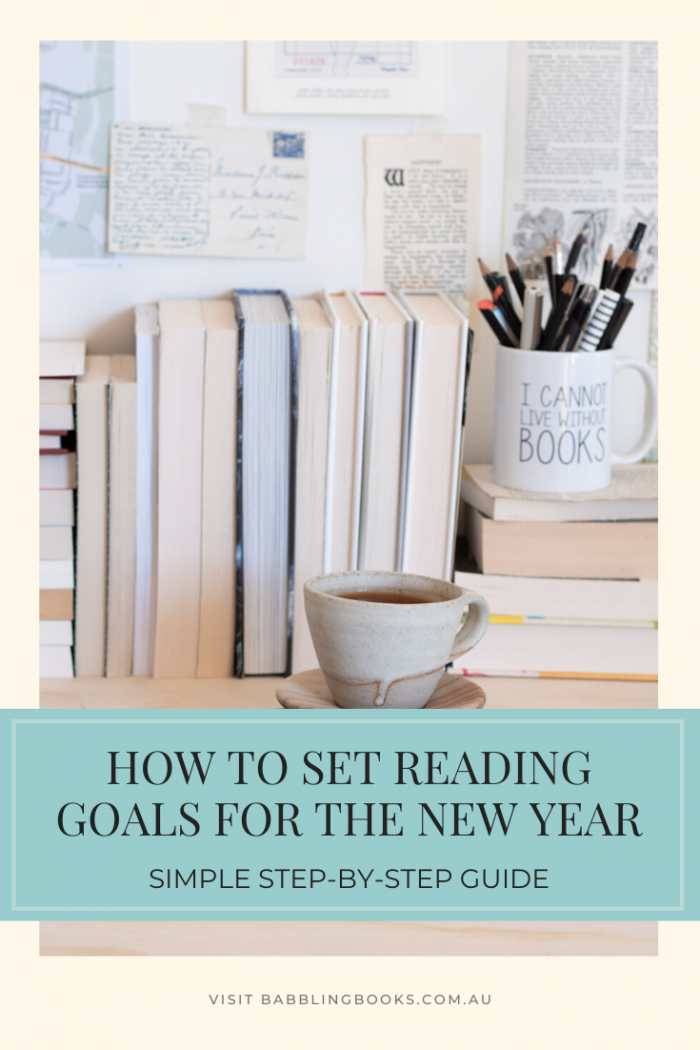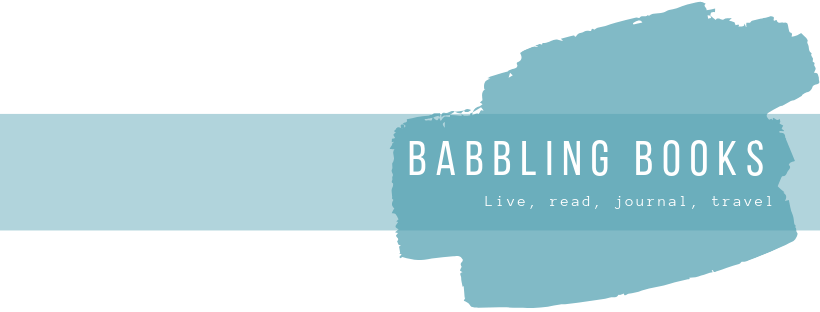The end of the decade rapidly approaches and it’s got me wondering how to set reading goals for the new year. I’ve written a blog post about my approach to setting realistic, achievable goals, but there’s something specific about setting reading goals for the new year. I want to go beyond just a number of books and instead set a theme or direction for my reading.
For me reading is about enjoyment, relaxation, and challenging myself to explore different perspectives. With that in mind I’ve been setting myself reading goals for the past few years, and they’ve had a positive impact on my reading habits.
My past reading goals:
- 2016: Read more women
- 2017: Read more translated fiction
- 2018: Finish series I hadn’t completed
- 2019: Finish 30 before 30 reading list
Check out the linked posts to see how some of these past reading goals for the new year have gone. They’ve mostly been successful, but what I’ve noticed is that setting a goal over the course of a year changes the way I select the books that end up on my ‘to read’ pile. This in turn changes my reading habits for more than just that year. For example, in 2019 I read many books by women in translation, combining my 2016 and 2017 goals. This was because I loved what I had discovered in those past years, which has changed my buying habits in the long term.
How to set reading goals for the new year: Step by step
- Review: Take some time to look at the books you already own that are unread. Move them into a single place if they’re scattered around, or write a list of them if that’s not practical. Try to identify any common themes or groupings.
- Reflect (Negative): Write a list of things which are holding you back when it comes to reading. It could be genres you would like to read more of, books you feel guilty about not reading yet, habits in your life that negatively impact your reading, or anything else reading-related that is weighing you down.
- Reflect (Positive): Write a list of things that bring you joy when you read or enrich your reading experience. It could be a particular genre, the sense of accomplishment in finishing something, or the intellectual challenge of understanding something new.
- Evaluate: From these lists try to find a common thread. Something you can focus on that will be a positive experience, while also challenging you beyond ‘business as usual’ reading. Try to frame your goals in clear, positive terms. For example, instead of “Don’t watch Netflix instead of reading” try “Dedicate half an hour per day to reading”.

My reading goals for 2020
To give you an example of how the process above might play out, here are my reading goals for 2020 and how I decided on them.
- Review: I spent a couple of afternoons creating a spreadsheet listing all my unread books. It was a more extreme measure than I have taken in the past, but it gave me a lot of clarity. I own 213 books I have not read. Some obvious groupings that jumped out at me were translated literature and classics.
- Reflect (Negative):
- Total number of unread books is very high. I’m physically running out of space, and starting to feel the emotional weight of them all.
- Accumulating too many classics. I have been buying a lot of secondhand books that are classics, out of a vague sense of curating my future reading, but my motivation to pick them up is low.
- I struggle as a mood reader to stick to goals or challenges about reading specific titles. My unfinished 30 before 30 reading list is an example of this.
- Reflect (Positive):
- More general themed goals have been most successful in past years. My goal to finish more series was particularly satisfying and I got a great sense of achievement from it.
- Maintaining a regular reading schedule is helpful for my overall mental health. It also eases the overwhelming feeling about all the unread books I own.
- My goal in 2019 to only buy books from local secondhand or independent bookshops was such a positive experience. I met brilliant people and felt good about using my spending to support the industry I love.
- Evaluate: With all this in mind I decided that my reading goals for the new year should be:
- Read at least 50 books from my pre 2020 unread pile. Including at least 10 classics by women, and 10 translated books.
- Develop a regular reading routine, with at least 30 minutes of reading before bed each night.
- Continue my commitment to only buy books from local secondhand or independent bookshops but limit book buying to 1 book per month.

If you’re still struggling to decide on a reading goal for the new year after completing those steps, check out some of the following suggestions. These all came from the bookish community on Instagram. They represent lots of different perspectives on the idea of a reading goal – some broad, some very specific.
Suggestions: Reading goals for the new year
- Read more:
- Non-fiction
- Biographies
- Dystopian fiction
- Old classics
- Own voices (non-fiction and/or fiction)
- A book from every country from which you haven’t read
- Local literature (from your country or state)
- Translated fiction from infrequently translated countries (Ie. Not countries like France, Germany, Japan)
- More of a genre you normally shy away from
- At least 1 book from every genre
- Don’t read 2 books of the same genre in a row
- 1920s modern classics, to match the 2020s
- Reduce your pile of unread physical books to a specific number
- Books that have been banned (in your own country or international)
- Books recommended or gifted by friends/family
- Read entire series together or finish a series
- Only buy 1 book for every 5 you read
- Buy/read from independent/small publishers
- Track your reading (on Goodreads, or in a journal/spreadsheet)
I hope this has given you some inspiration for how to set reading goals for the new year. I’d love to hear what goals you have set in the past and whether they were successful or not. Most of all I’d love to know what your goals are for 2020, so let me know in the comments.
Looking for more posts about setting goals? Check out my other blog posts on this topic:
How to Set Goals You Can (and Will) Achieve
Pin me for later…


Thanks, I really enjoyed reading about your goal setting processes.